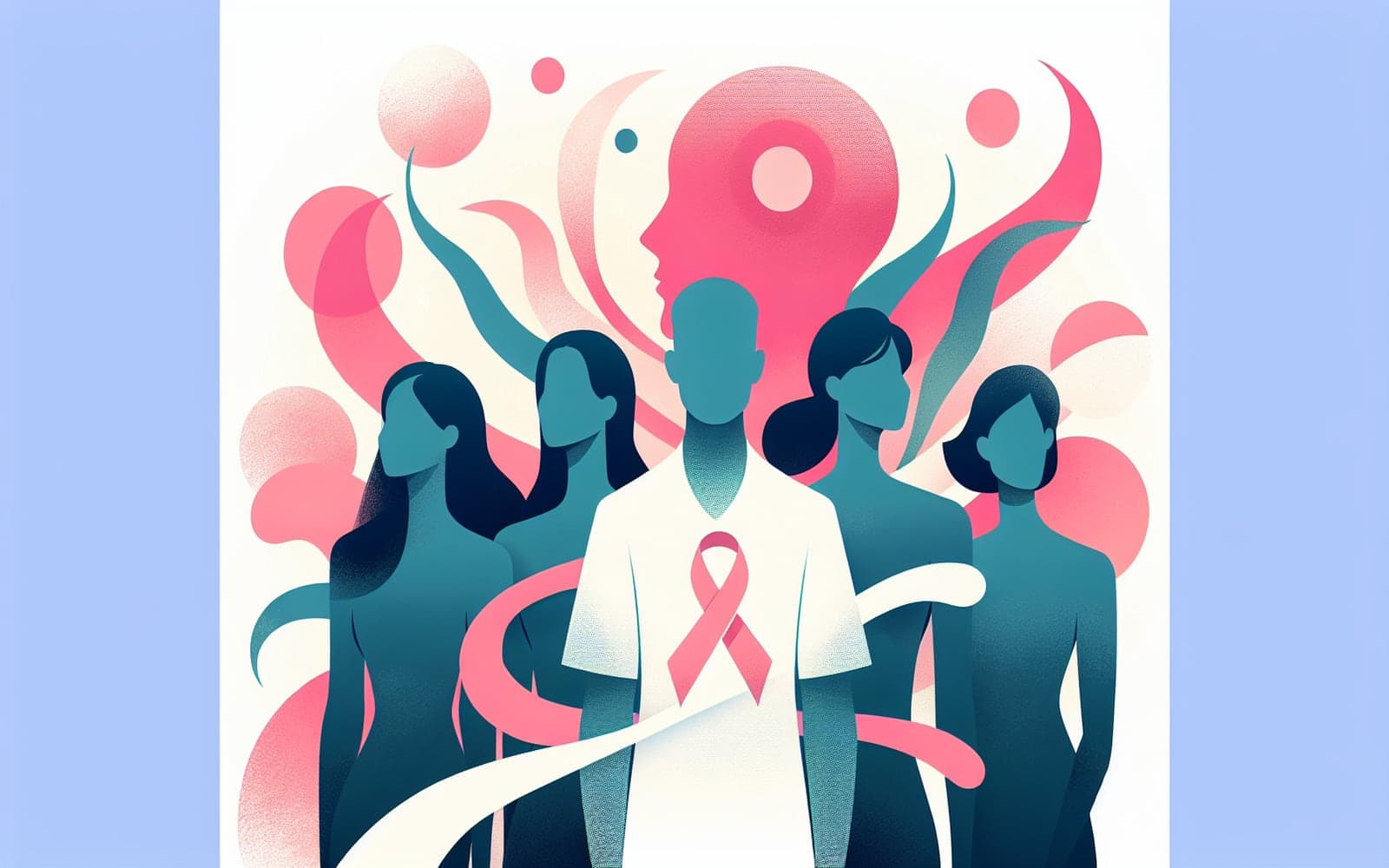Is Hormone Therapy Linked to Breast Cancer Risk?
Is Hormone Therapy Linked to Breast Cancer Risk?
The Big Picture
Menopausal hormone therapy (MHT) has been a topic of concern for many women due to its potential link to breast cancer. This article explores the relationship between hormone use and breast cancer risk.
Contents
- Understanding the Basics
- Putting the Risk in Perspective
- Factors That Affect Risk
Understanding the Basics
Menopausal hormone therapy involves using estrogen, either alone or combined with progestin, to manage menopause symptoms. The Women's Health Initiative (WHI) study found that combined estrogen-progestin therapy slightly increased breast cancer risk after about 3-4 years of use. However, estrogen-only therapy did not increase risk in the WHI study and may even lower risk with short-term use.
Putting the Risk in Perspective
While the increased risk sounds scary, it's important to understand the actual numbers. For women in their 50s using combined therapy for 5 years, there may be about 3 additional cases of breast cancer per 1000 women. For estrogen-only therapy, there may actually be 2.5 fewer cases per 1000 women. These small numbers show that for most women considering short-term use for menopause symptoms, the breast cancer risk is very low.

Factors That Affect Risk
Several factors can influence the breast cancer risk associated with hormone therapy. These include the type of hormone therapy (combined vs. estrogen-only), duration of use, and the type of progestin used. Some studies suggest that natural progesterone may have a lower risk than synthetic progestins. Women's individual health histories also play a role in determining their overall risk.
FAQs
Does all hormone therapy increase breast cancer risk?
No, estrogen-only therapy may not increase risk short-term.
How long can I safely use hormone therapy?
Short-term use (less than 3-4 years) appears safest.
Does the type of hormone matter?
Yes, different types may have different risk profiles.
Can I use hormone therapy if I've had breast cancer?
It's generally not recommended for breast cancer survivors.
Do all women have the same risk?
No, individual factors affect each woman's risk.
The Bottom Line
While hormone therapy can increase breast cancer risk, the absolute risk for most women considering short-term use is very small.
Additional References
- Rossouw JE, et al. JAMA 2002; 288:321.
- Chlebowski RT, et al. JAMA 2003; 289:3243.
- Manson JE, et al. JAMA 2013; 310:1353.
- Stuenkel CA, et al. J Clin Endocrinol Metab 2015; 100:3975.
- Fournier A, et al. Breast Cancer Res Treat 2008; 107:103.
This article has been reviewed for accuracy by one of the licensed medical doctors working for Doctronic.











